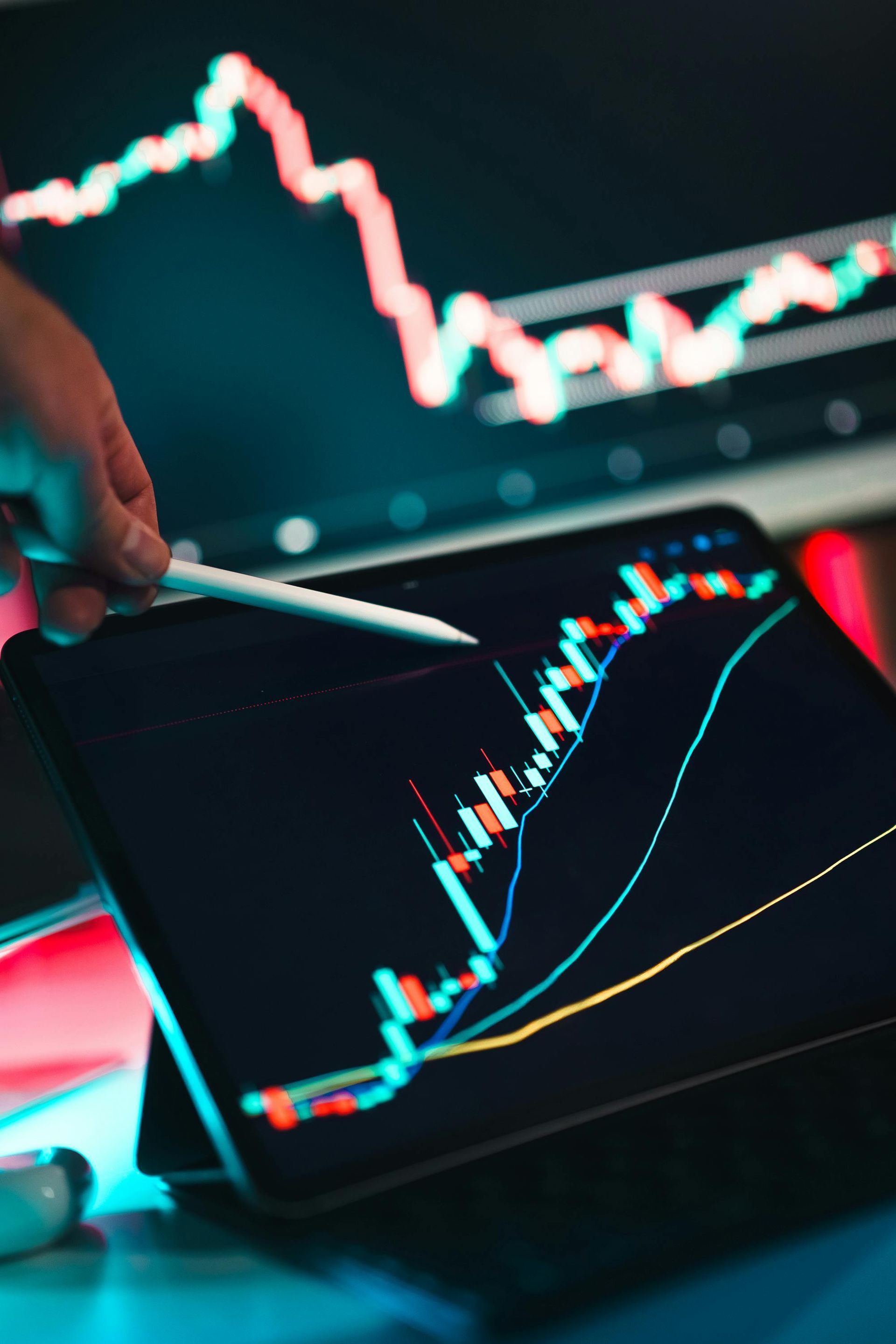What is inflation?
We’ve all heard the inflation is running high across the whole world, and you’ll be seeing the effects when you purchase something, especially fuel. But what is inflation?
Inflation is the term used to describe an increase in the average prices for goods and services through the economy. Inflation is a loss of purchasing power over time - it means your dollar will not go as far tomorrow as it did today. It is measured as the rate of change of those prices. Typically, prices rise over time, but prices can also fall (a situation called deflation).
The most well-known indicator of inflation is the Consumer Price Index (CPI), which measures the percentage change in the price of a basket of goods and services consumed by households. Inflation is typically expressed as the annual change in prices for that basket of goods and services. The annual rate of inflation is the price of the total basket in a given month compared with its price in the same month one year previously.
Every household has different spending habits. For measuring inflation, all goods and services that households consume are taken into account, including:
- everyday items (food and petrol);
- durable goods (clothing, mobile phones and washing machines); and
- services (hairdressing, insurance and rented housing).
When calculating the average increase in prices, the prices of products we spend more on – such as electricity – are given a greater weight than the prices of products we spend less on – for example, sugar. The average spending habits of all households together determine how much weight the different products and services have in the measurement of inflation.
The usual underlying cause of inflation is that too much money is available to purchase too few goods and services, or that demand in the economy outpaces supply. In general, this situation occurs when an economy is so buoyant that there are widespread shortages of labour and materials. People can charge higher prices for the same goods or services. Limited oil production can make gas expensive. Supply chain problems can keep goods in short supply, pushing up prices; or companies may choose to charge more because they realize they can raise prices and improve their profits without losing customers.
Inflation is high due to factors like pandemic disruptions, supply-chain issues and monetary stimulus. COVID-19 has caused manufacturers/factories to shut down and has clogged shipping routes, helping to limit the supply of cars and couches, and pushing prices higher. Airfares and rates for hotel rooms have rebounded after dropping in the depths of the pandemic. Petrol prices have also contributed to heady gains recently.
But it is also the case that consumers, who collectively built up big savings thanks to months in lockdown, are spending robustly and their demand is driving part of inflation. They are continuing to buy even as costs for exercise equipment or spa pools rise, and they are shouldering increases in rent and home prices. The indefatigable shopping is helping to keep price increases brisk.
The Reserve Bank tries to keep inflation at a sustainable level by increasing the official cash rate (OCR). Banks then follow and react to high inflation by raising their interest rates. This, in turn, slows the economy and puts a brake on inflation. If you’re a business owner, you’ll see this reflected in a higher cost of borrowing and if you have a home loan, this will be true as well.
Inflation can be very damaging for a number of reasons. First, people may be left worse off if prices rise faster than their incomes. Second, inflation can reduce the value of an investment if the returns prove insufficient to compensate them for inflation. Third, since bouts of inflation often go hand in hand with an overheated economy, they can accentuate boom-bust cycles in the economy.
Sustained inflation also has longer-term effects. If money is losing its value, businesses and investors are less likely to make long-term contracts. This discourages long-term investment in the nation’s productive capacity. The flip-side of inflation is deflation. This occurs when average prices are falling, and can also result in various economic effects. For example, people will put off spending if they expect prices to fall. Sustained deflation can cause a rapid economic slow-down. The Reserve Bank is as concerned about deflation as it is about inflation. In New Zealand, however, it has historically been more usual for prices to rise - there have only been brief periods of deflation in the past 150-odd years, and these have been associated with economic depressions.











